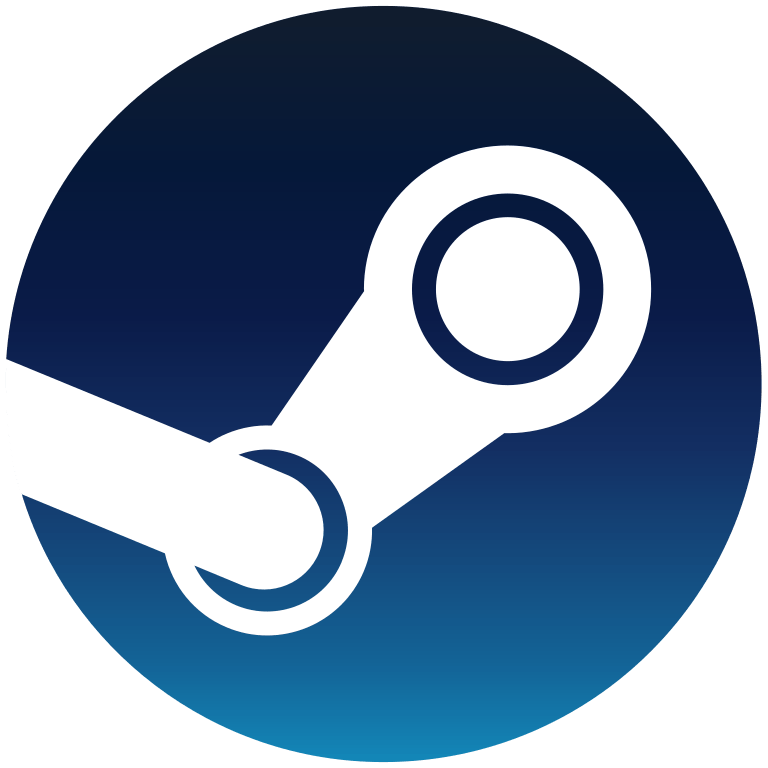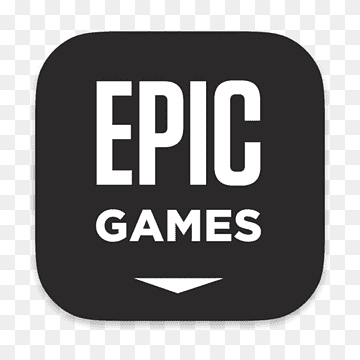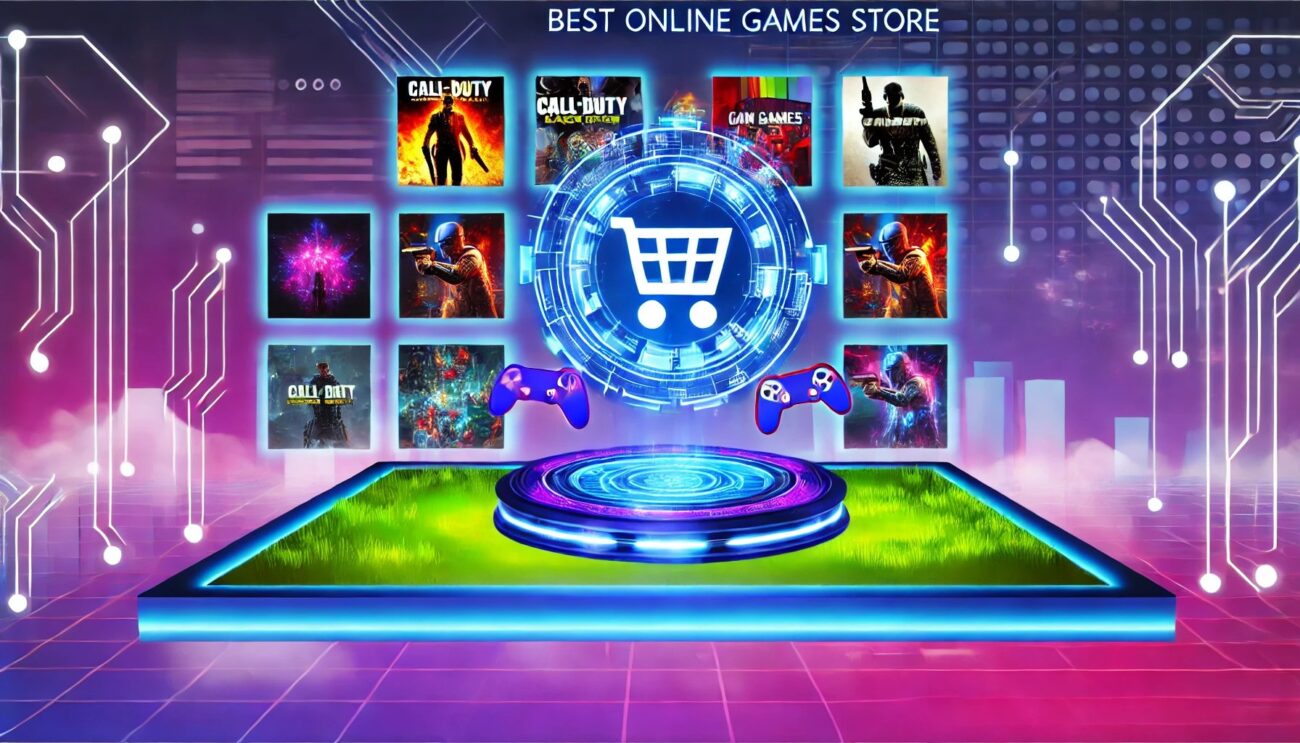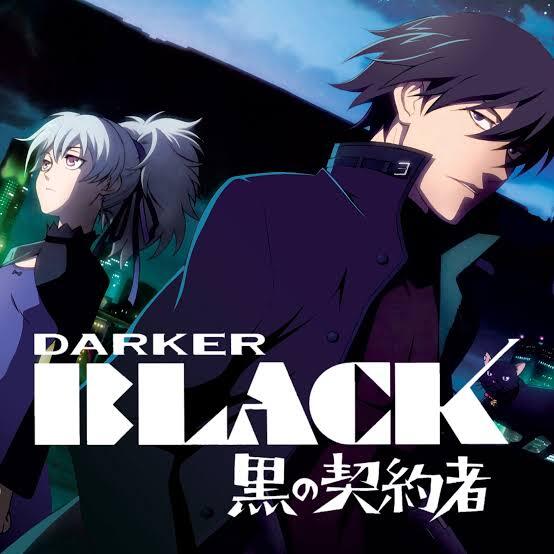A Comparative Analysis of Steam, Epic Games Store, and GOG
The digital distribution of video games has revolutionized the gaming industry, offering players unprecedented access to a vast array of titles from the comfort of their homes. Among the myriad of platforms available, Steam, Epic Games Store, and GOG stand out as prominent contenders, each with its unique approach to game distribution, community engagement, and user experience. This article provides a comprehensive comparison of these three platforms, examining their strengths and weaknesses to determine which one ultimately offers the best value to gamers.
Steam

Launched by Valve Corporation in 2003, Steam is the pioneer of digital game distribution and remains the most dominant platform in the industry.
Pros:
- Extensive Library: Steam boasts an unparalleled library of games, ranging from AAA titles to indie gems. With over 50,000 games available as of 2023, players have access to a diverse selection that caters to all genres and preferences.
- Community Features: Steam offers robust community features, including forums, groups, and a marketplace for trading in-game items. The Steam Workshop allows users to create and share mods, enhancing the replayability and customization of games.
- Frequent Sales and Discounts: Steam is renowned for its seasonal sales, offering significant discounts on a wide array of games. Events like the Summer Sale and Winter Sale are highly anticipated, providing gamers with opportunities to expand their libraries at reduced prices.
- Cloud Saves and Cross-Platform Support: Steam provides cloud save functionality, allowing players to access their game progress from any device. It also supports multiple operating systems, including Windows, macOS, and Linux, promoting accessibility across different platforms.
- User-Friendly Interface: The platform has a well-organized interface with features like user reviews, wishlists, and personalized recommendations, enhancing the overall user experience.
Cons:
- DRM Restrictions: Steam employs Digital Rights Management (DRM), which requires users to log in to their accounts to play games. This can be problematic for those with unreliable internet connections or concerns about ownership and accessibility.
- Overcrowded Marketplace: The vast number of games on Steam can make it difficult for new or lesser-known titles to gain visibility. This saturation can also overwhelm users trying to find specific games or genres.
- Customer Support Issues: Steam has faced criticism for its customer support, with users reporting slow response times and difficulties in resolving account or purchase issues.
- Revenue Split with Developers: Steam’s standard revenue split is 70/30, meaning developers receive 70% of the sales revenue. Some developers argue that this is less favorable compared to other platforms, potentially affecting game prices and availability.
Epic Games Store

Introduced in 2018, the Epic Games Store (EGS) is a relative newcomer, aiming to challenge Steam’s dominance by offering competitive advantages to both developers and players.
Pros:
- Better Revenue Share for Developers: EGS offers an 88/12 revenue split, giving developers a larger share of the profits. This has attracted several developers and publishers to the platform, sometimes resulting in exclusive releases.
- Free Games Program: Epic Games Store is known for its weekly free game offerings, allowing users to claim and keep games at no cost. This strategy has expanded its user base and provided value to gamers.
- Exclusive Titles: EGS has secured exclusive rights to several high-profile games, such as “Borderlands 3” and “Metro Exodus,” incentivizing users to use the platform to access these titles.
- User-Friendly Interface: The store features a clean and straightforward interface, making it easy for users to navigate and find games.
Cons:
- Limited Library: Compared to Steam, EGS has a smaller selection of games. While it continues to grow, the limited library may not satisfy gamers looking for niche or older titles.
- Lack of Community Features: EGS lacks many of the community and social features that are standard on Steam, such as forums, user reviews, and mod support.
- DRM Concerns: Similar to Steam, EGS uses DRM, which can restrict offline play and raise concerns about game ownership if the platform were to shut down.
- Exclusivity Controversies: EGS’s practice of securing exclusives has been controversial among gamers who prefer platform choice. This has led to some backlash and negative perceptions of the store.
- Privacy and Security Issues: There have been concerns regarding EGS’s data collection practices and account security, leading some users to distrust the platform.
GOG (Good Old Games)

GOG, operated by CD Projekt, launched in 2008 with a focus on providing DRM-free games, including classic titles and newer releases.
Pros:
- DRM-Free Games: GOG’s commitment to offering DRM-free games means users truly own their purchases, with the ability to play offline and backup their games without restrictions.
- Classic Game Availability: GOG specializes in reviving older games, ensuring compatibility with modern systems. This appeals to retro gamers and those interested in gaming history.
- Fair Pricing and Regional Pricing Policies: GOG often provides fair pricing across different regions, avoiding inflated prices due to currency differences.
- Galaxy Client Features: GOG Galaxy is an optional client that offers features like cloud saves, achievements, and the ability to integrate libraries from other platforms, creating a unified gaming experience.
- Customer Support and Refund Policy: GOG is praised for its responsive customer support and generous refund policy, offering refunds up to 30 days after purchase, even if the game has been downloaded and played.
Cons:
- Smaller Game Library: GOG’s library is significantly smaller than Steam’s, particularly lacking in the latest AAA titles due to its DRM-free policy.
- Fewer New Releases: Some publishers are hesitant to release games on GOG without DRM protection, resulting in fewer new releases compared to other platforms.
- Limited Community Features: While GOG has forums and some social features, it lacks the extensive community infrastructure found on Steam.
- No Mod Support: GOG does not have an integrated mod platform like Steam Workshop, which may deter players interested in modding their games.
- Client is Optional but Limited: While GOG Galaxy is optional, some features are only accessible through the client. However, it still lacks some functionalities compared to other platforms’ clients.
Conclusion
Each platform—Steam, Epic Games Store, and GOG—brings unique strengths to the table, catering to different segments of the gaming community.
Steam remains the most comprehensive platform, offering an extensive library of games, robust community features, and a user-friendly interface. Its frequent sales and broad compatibility make it an attractive option for many gamers. However, its DRM policies and occasional customer support issues are notable drawbacks.
Epic Games Store, while newer, has made significant strides by offering free games, securing exclusive titles, and providing a more favorable revenue share for developers. This approach benefits both gamers and developers but is tempered by a smaller game library, fewer community features, and ongoing controversies over exclusivity and privacy concerns.
GOG stands out with its DRM-free philosophy, ensuring true ownership of purchased games and catering to fans of classic titles. Its fair pricing and excellent customer support enhance its appeal. Nevertheless, its smaller library and lack of certain features may limit its attractiveness to gamers seeking the latest releases or extensive community interaction.
Determining the “Best” Platform
Declaring one platform as the unequivocal best depends largely on individual preferences and priorities. However, if we consider the overall value offered to the broadest range of gamers, Steam emerges as the best platform.
Steam’s extensive game library ensures that players have access to virtually any game they desire. Its robust community features foster engagement and enhance the gaming experience. Despite its flaws, such as DRM restrictions and customer support issues, the platform’s strengths in variety, accessibility, and user experience outweigh its cons.
While Epic Games Store offers enticing benefits like free games and supports developers with better revenue sharing, its limitations in library size and community features prevent it from surpassing Steam at this time.
GOG excels in providing DRM-free games and excellent customer service, making it ideal for gamers who value ownership and classic titles. However, its smaller selection and fewer features mean it cannot fully compete with the breadth of offerings on Steam.
In conclusion, while all three platforms have their merits, Steam’s comprehensive services and vast game selection make it the best choice for most gamers seeking a complete and engaging digital distribution platform.
![habitable_solution logo 2024 [t-w]](https://habitablesolution.com/wp-content/uploads/2025/02/habitable_solution-logo-2024-t-w.png)




